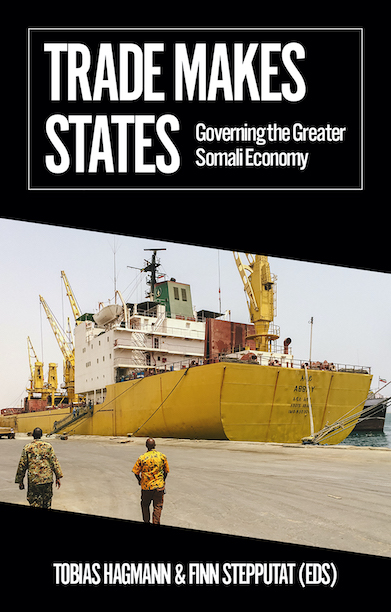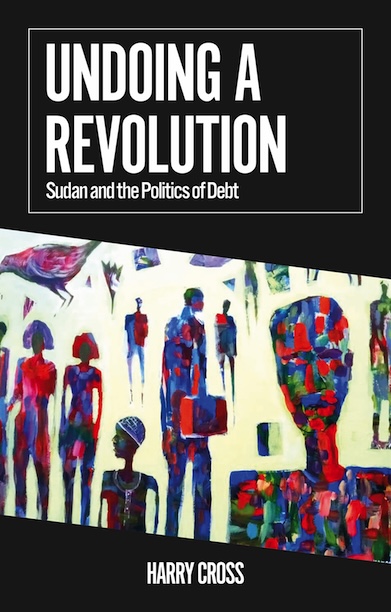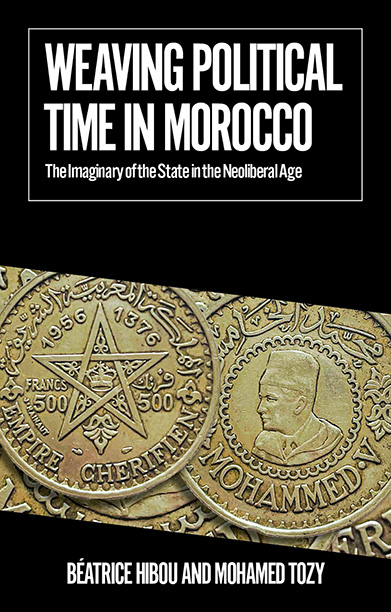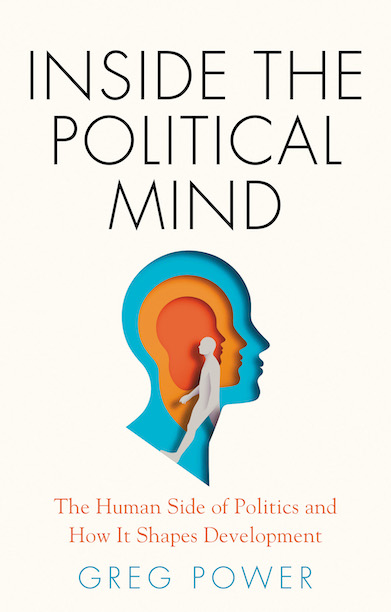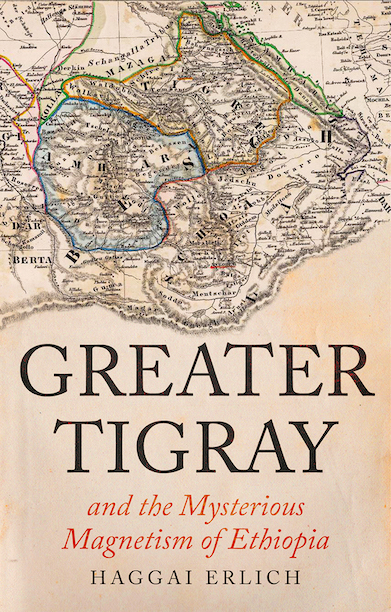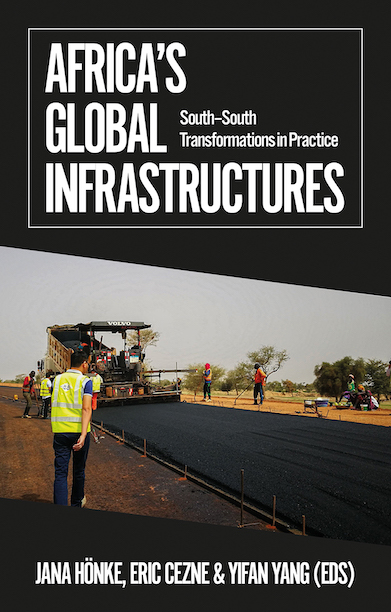Trade Makes States
Governing the Greater Somali Economy
Part of the African Arguments seriesA detailed investigation of the links between state-building and commodity exchange across the Somali-inhabited territories of East Africa.
Description
Trade Makes States highlights how trade and the circulation of goods are central to Somali societies, economies and politics. Drawing on multi-site research from across East Africa’s Somali-inhabited economic space–which includes areas of Kenya, Djibouti, Uganda and Ethiopia–this volume highlights the interconnection between trade and state-building after state collapse. It scrutinises the ‘politics of circulation’ between competing public administrations, which seek to generate revenue and to control infrastructures along major trade corridors.
Connecting classic debates on state formation with recent scholarship on logistics and cross-border trading, Trade Makes States argues that the facilitation and capture of commodity flows have been instrumental in making and unmaking states across the Somali territories. Aspiring state-builders are thus confronted with the challenge of governing the flow of goods in order to rule over lands and peoples.
The contributors to this volume draw attention to the ingenuities of transnational Somali markets, which often appear to be self-governed. Their dynamism and everyday administration by a host of actors provide important insights into contemporary state formation on the margins of global supply-chain capitalism.
Reviews
‘[The book] offers interesting perspectives on social infrastructure of trade, how commodity trading and marketplaces are governed, the movement of commodities across borders, the significance of ports on state formation, and the political economy of taxation.’ — Wardheer News
‘A strong scholarly contribution written by a world-class team of researchers. Trade Makes States is an essential resource for anyone who wants to understand Somalia’s economy and politics.’ — Aisha S. Ahmad, Associate Professor of Political Science, University of Toronto, and author of Jihad & Co.: Black Markets and Islamist Power
‘An impressive corpus of research exploring the link between commercial activities and state formation in the broadly understood “Somali economic space”. Compelling and refreshingly ambitious.’ — José-María Muñoz, Senior Lecturer in African Studies and International Development, University of Edinburgh
‘Riffing on Tilly’s famous aphorism, the authors argue that “trade makes states”. A trade corridor lens provides an original perspective on state formation in fragile regions by examining how government officials, informal traders, militias, local businessmen, international investors and donors feed into systems of regulatory control in Somalia’s fragmented political terrain.’ — Kate Meagher, Associate Professor in Development Studies, London School of Economics
‘A richly researched and important addition to literature on governance and economy in Somalia with implications for many other contexts.’ — Jatin Dua, Associate Professor of Anthropology, University of Michigan
Editor(s)

Tobias Hagmann is a senior program officer at swisspeace and a former associate professor at Roskilde University, studying politics and state-society relations in the Horn of Africa.

Finn Stepputat is a senior researcher at the Danish Institute for International Studies, working on conflict, state sovereignty and the politics of dead bodies.
